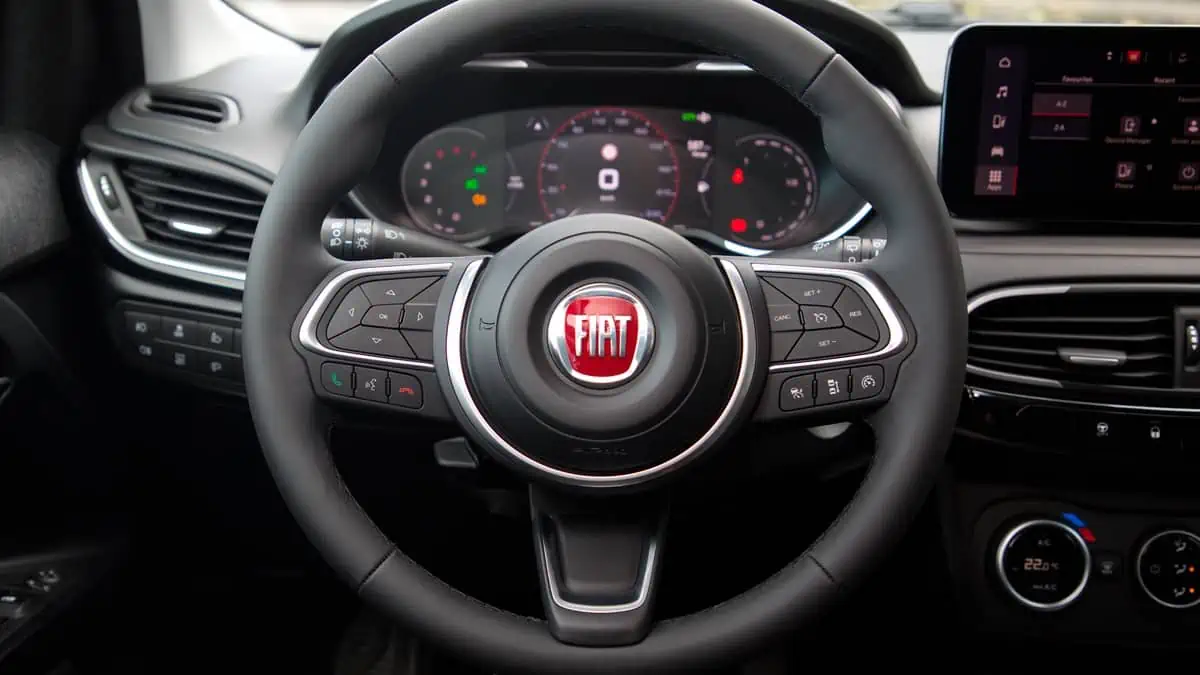The multinational automaker Stellantis reportedly inked a non-binding preliminary agreement with GME Resources on Monday to secure nickel and cobalt sulphate supplies from the NiWest mine in Western Australia for electric vehicle batteries, as per Electrive.
The Memorandum of Agreement represents yet another big step forward by one of the world’s leading automakers in securing the supply of metals needed in batteries that power electric vehicles.
Furthermore, this would position the company to capitalize on a projected surge in global demand as the transition to sustainable transportation continues to grow.
NiWest is a high-quality nickel (Ni)-cobalt (Co) mine being explored by GME in Western Australia. It will potentially generate around 90,000 tonnes of battery-grade nickel and cobalt sulphate per year. However, the automaker has not stated how much of the 90,000 tonnes it intends to use.
Remarkably, this development project was already invested 30 million Australian dollars or about 19.5 million euros for its significant activities, including drilling, metallurgical test work, and development studies.
It is also worth noting that the raw material reserves in the area where NiWest would be located are well recognized. In fact, the location is only 30 kilometers from Glencore’s Murrin-Murrin nickel-cobalt project.
In hindsight, Stellantis has already increased its lithium hydroxide supply this year by establishing deals with Vulcan Energy in Europe and Controlled Thermal Resources in North America.
The manufacturer stated that it would invest 50 million euros ($48.6 million) to acquire an 8% share in Vulcan Energy.
“Every day, Stellantis is working to provide our customers clean, safe, affordable, cutting-edge freedom of mobility,” said Maxime Picat, Stellantis’ Chief Purchasing and Supply Chain Officer.
“Securing the raw material sources and battery supply will strengthen Stellantis’ value chain for electric vehicle battery production and equally important, help the Company achieve its aggressive decarbonization target.”
GME managing director Paul Kopejtka highlighted that “further detailed negotiations” will take place concurrently with the initiation of the final feasibility study. “A Definitive Agreement with Stellantis would be a critical step in being able to progress the NiWest Project through to commercial operations,” says Kopejtka.
Battery constraints or low battery quality might limit automakers’ ability to develop markets and rapidly fulfill the growing electric vehicle demand. In order for batteries to be accessible in large quantities, battery cell and pack production capacity must be boosted, which necessitates immediate and significant investments in mineral mining.






